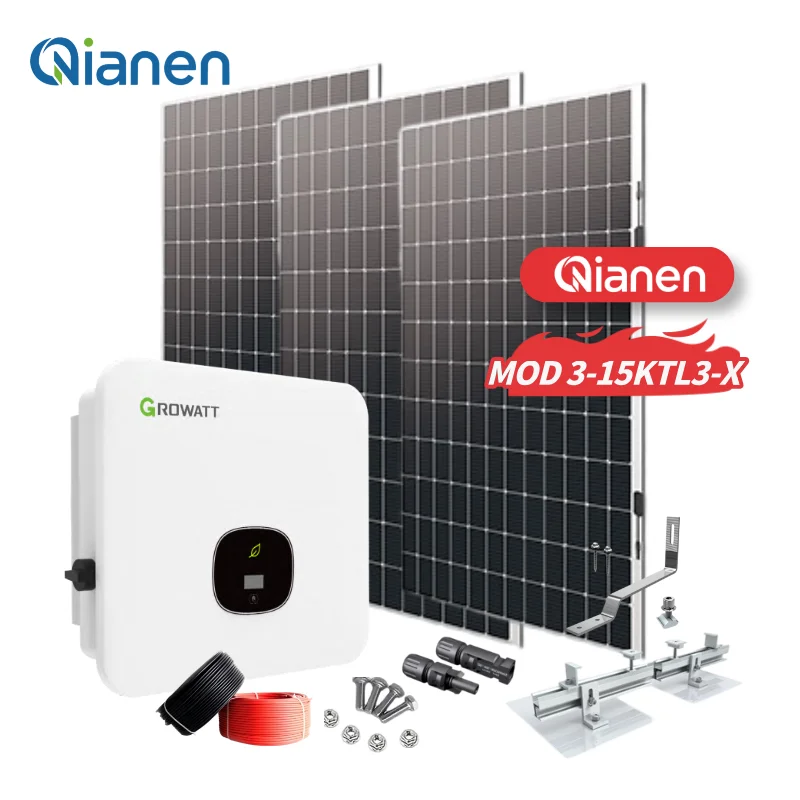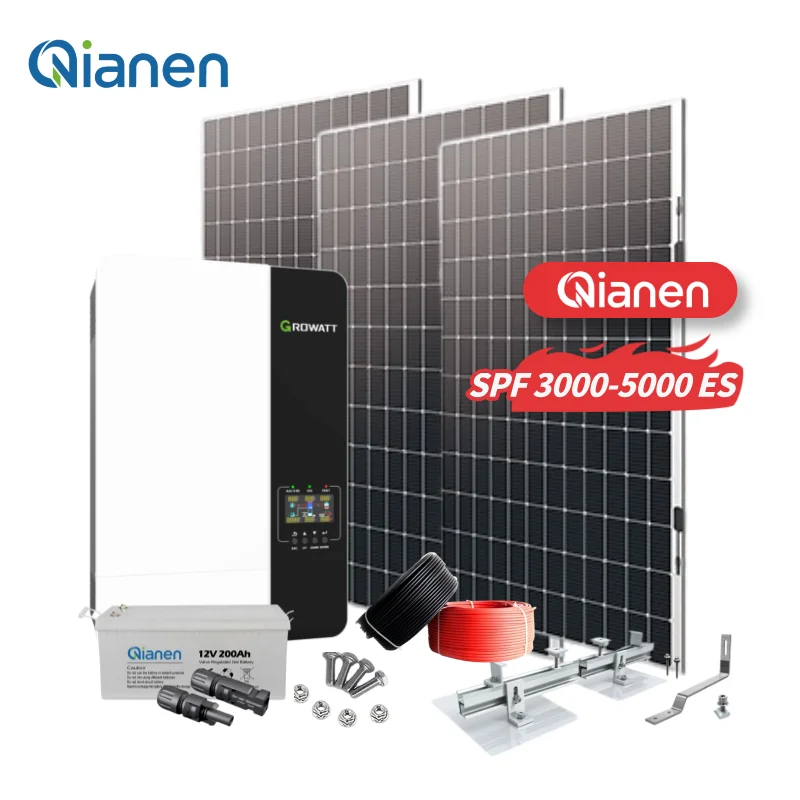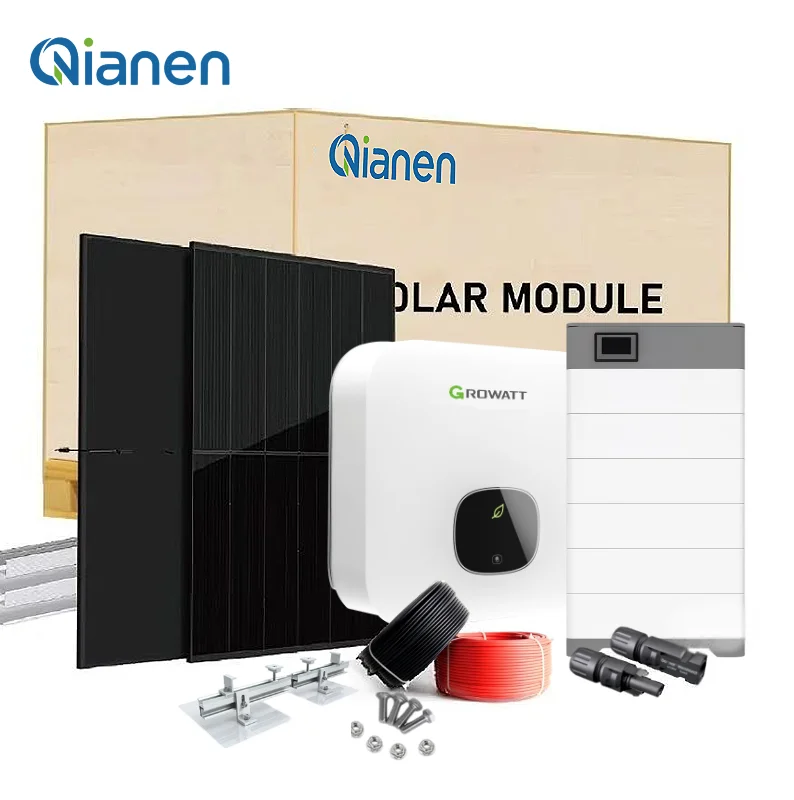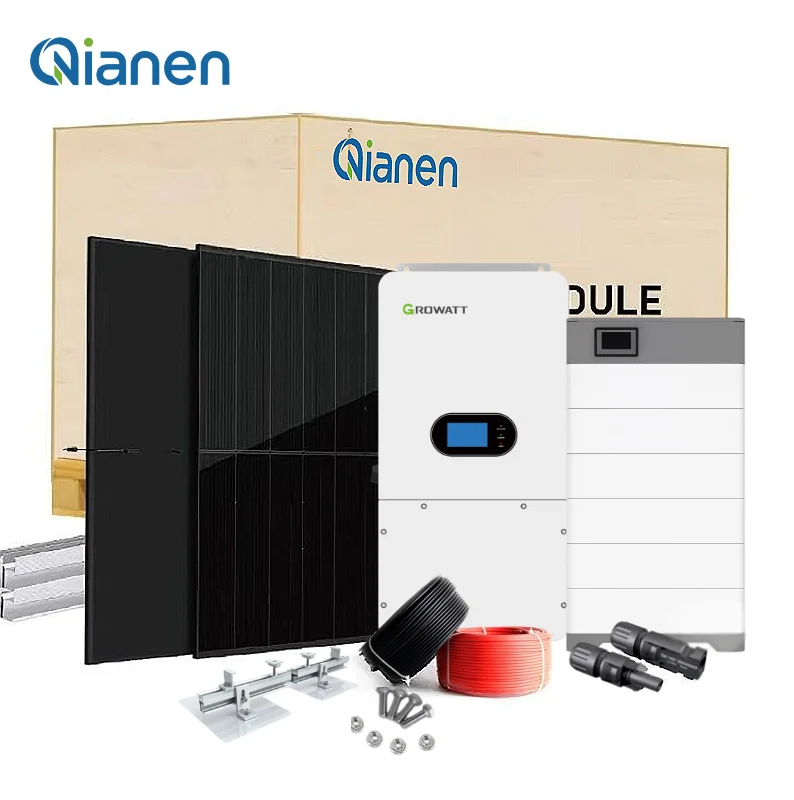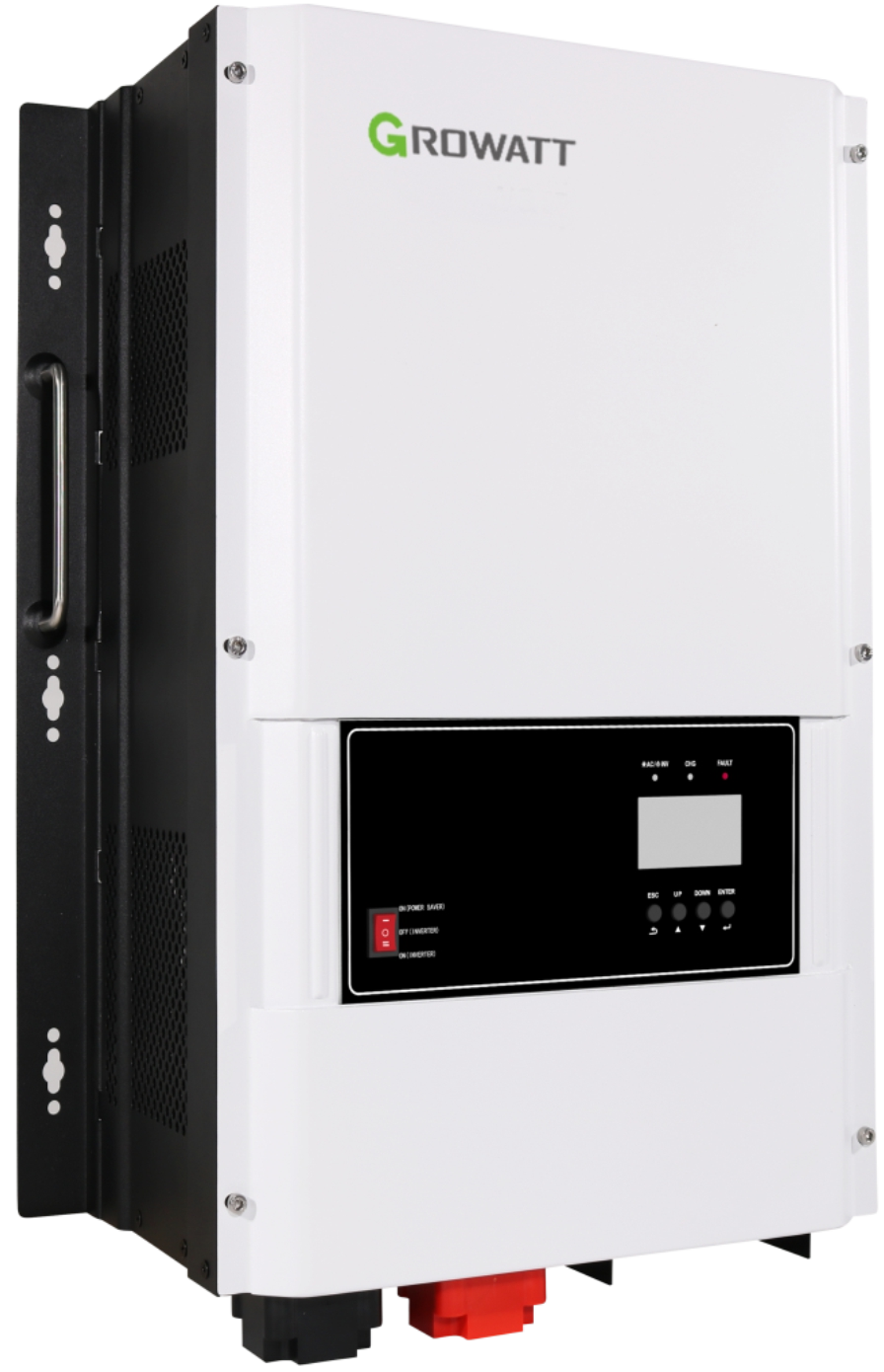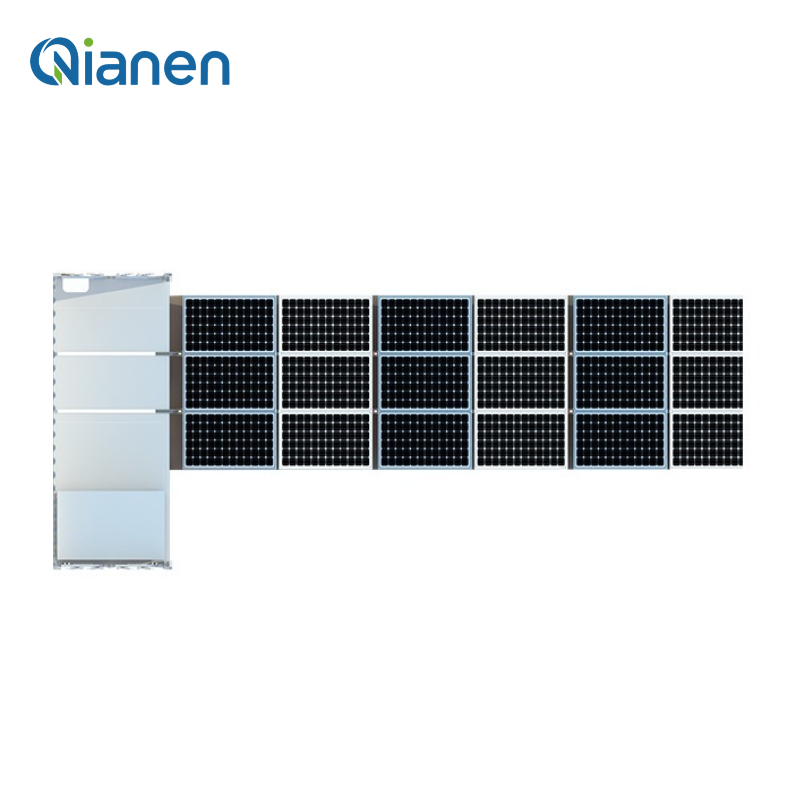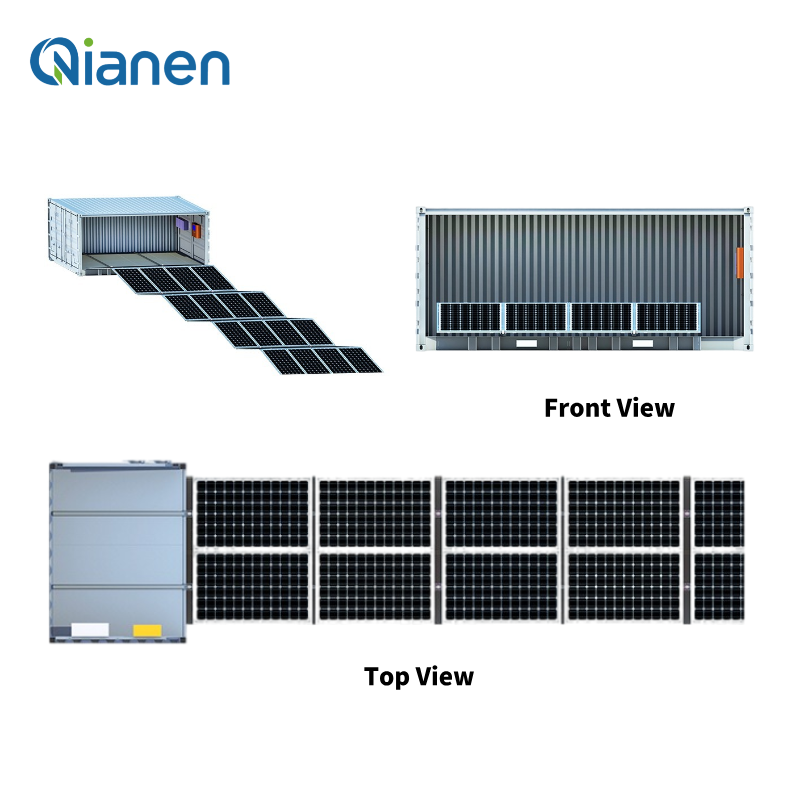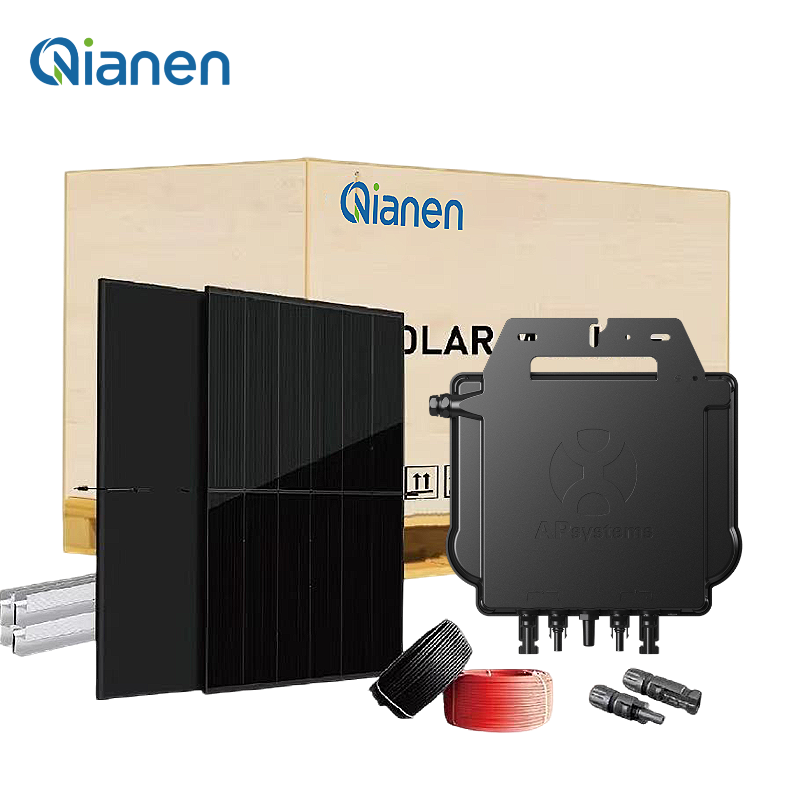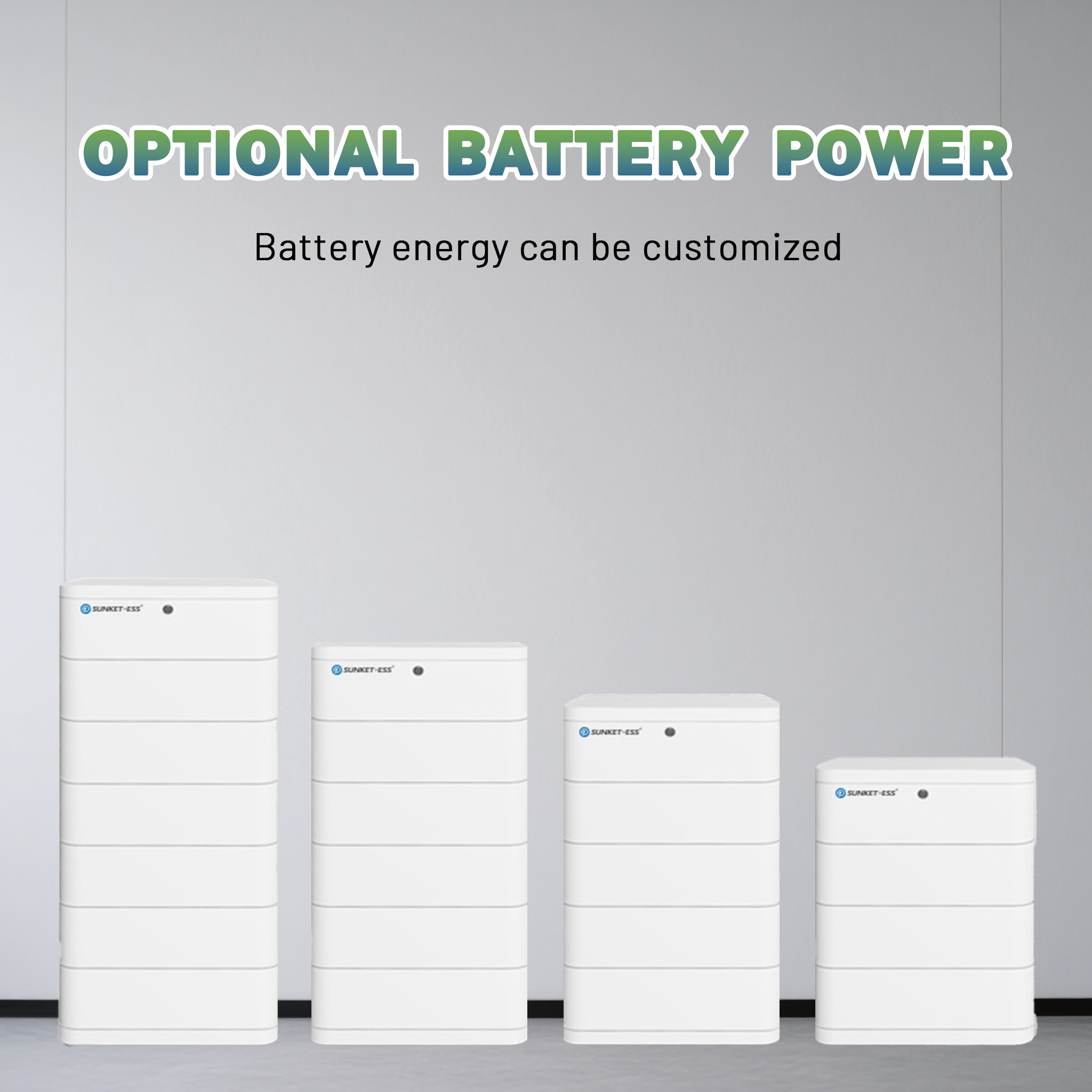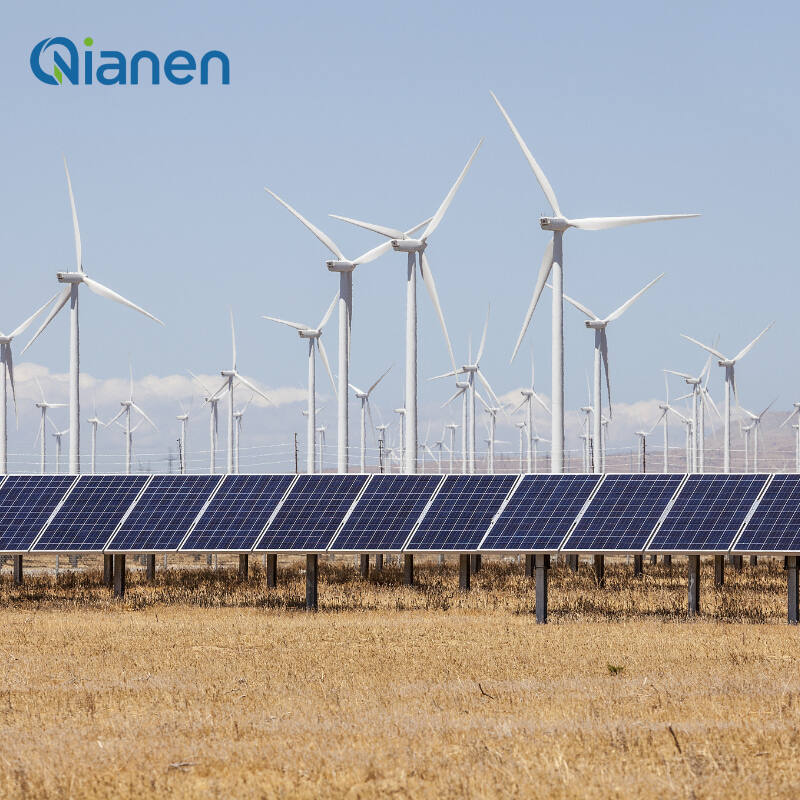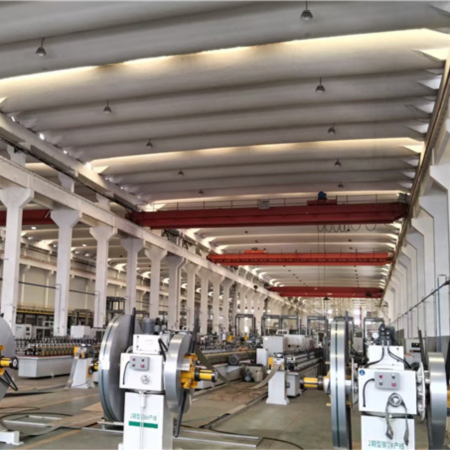battery storage for renewables
Battery storage for renewables represents a crucial technological advancement in sustainable energy systems, serving as the backbone of reliable renewable power integration. This technology enables the efficient storage of excess energy generated from renewable sources like solar and wind, ensuring continuous power availability even when natural resources are unavailable. Modern battery storage systems utilize advanced lithium-ion technology, offering high energy density and rapid response capabilities. These systems can store energy during peak production periods and release it during high demand or low generation times, effectively bridging the gap between intermittent renewable energy production and consistent power needs. The technology incorporates sophisticated battery management systems that monitor and optimize performance, temperature control mechanisms that maintain optimal operating conditions, and smart inverters that seamlessly convert stored energy for grid compatibility. Applications range from residential solar installations to utility-scale energy projects, providing solutions for both individual households and entire communities. The systems can be scaled to meet various capacity requirements, from few kilowatt-hours for home use to hundreds of megawatt-hours for industrial applications. This versatility makes battery storage an essential component in the transition towards renewable energy independence, offering reliable power management solutions while contributing to reduced carbon emissions and enhanced grid stability.

